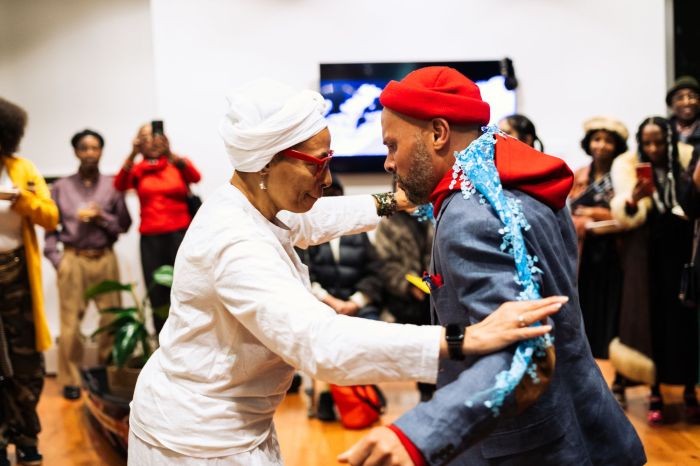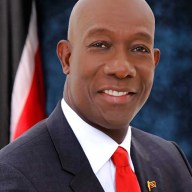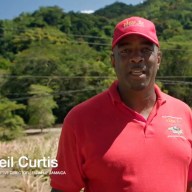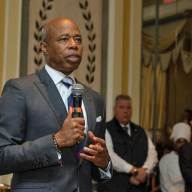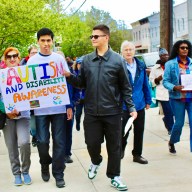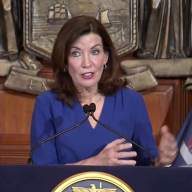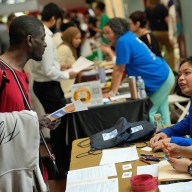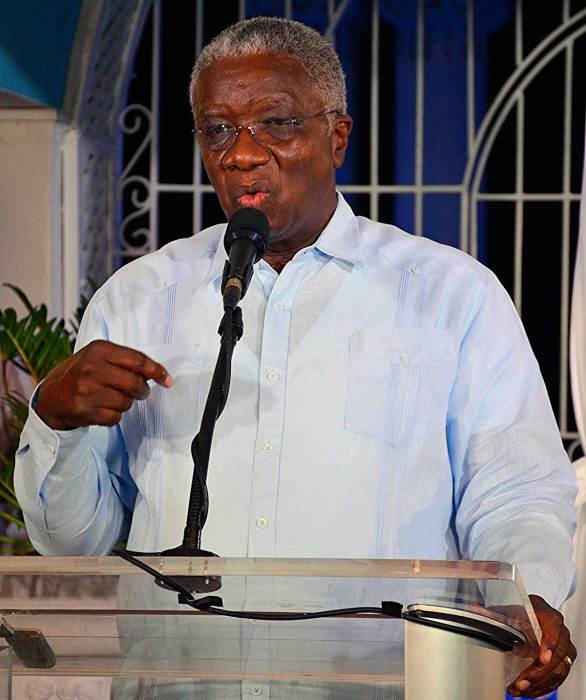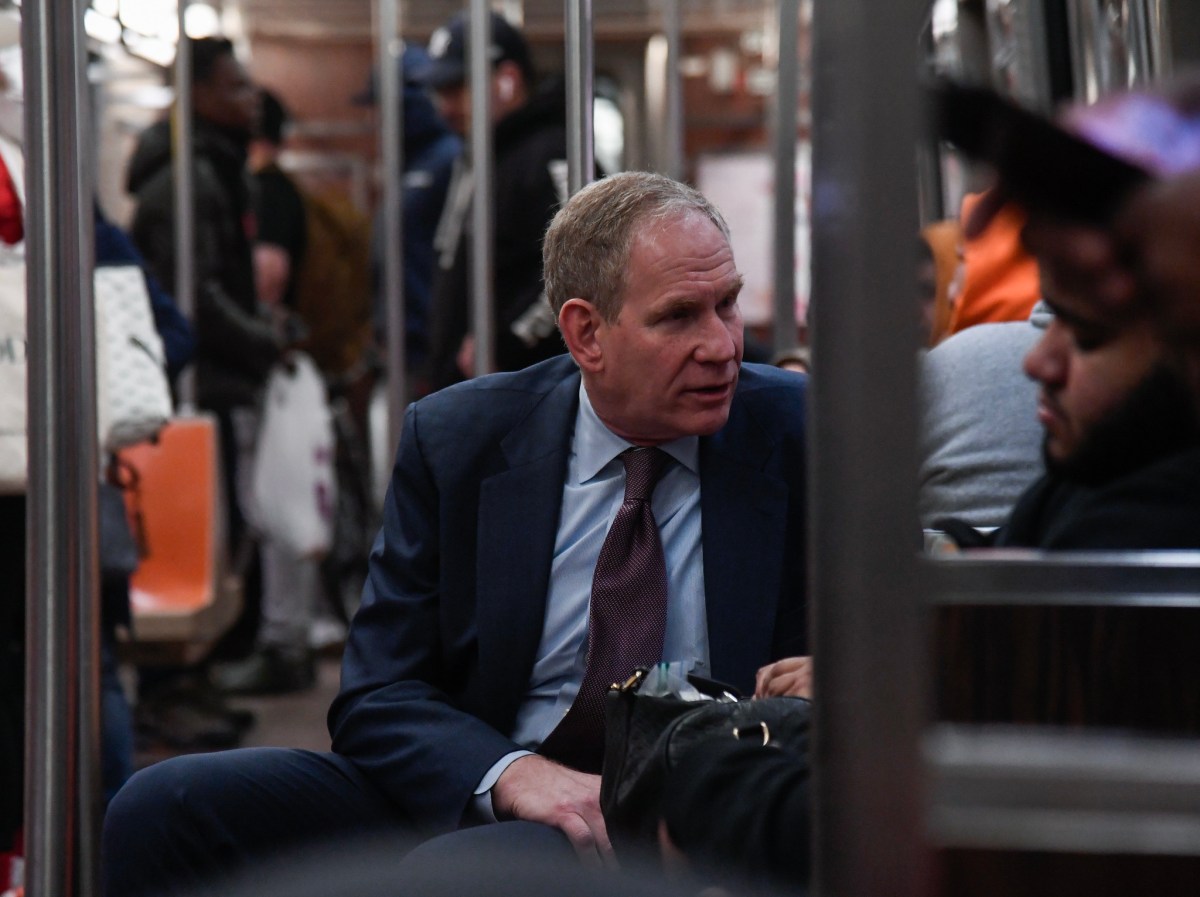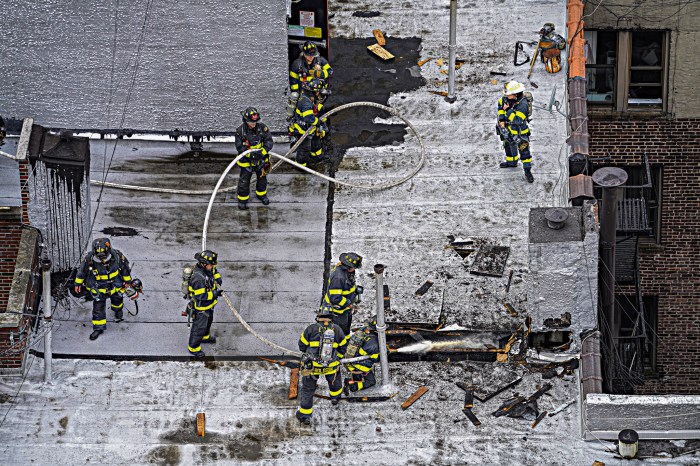A private sector leader has reacted angrily to Prime Minister Freundel Stuart’s plan for late elections, charging that the Government must urgently seek a new mandate from the people if it is to lead the nation out of the economic doldrums.
Heading an administration that has seen repeated economic failures in its tenure, Stuart said last month that he will sit out the full term of elected office and not call early elections, which means that national polls will be no sooner than March, but no later than June 2018.
But Barbados Private Sector Association president, Charles Herbert, said in local newspapers this week that with a flailing economy the political leadership needs a long-term plan stretching way past June, so elections will give whatever administration is elected a fresh directive for economic recovery.
“We need a government who has a [full] term ahead of it. It could be the existing people, or it could be a new group,” Herbert said.
Stuart had announced in December that he will use the full period for which his government was elected, that ends with dissolution of Parliament on March 6, 2018. In reference to Barbados’ constitutional provision for elected members of parliament and the government to hold office for five years, he added, “we were given five years from February 21 [2013] and when Parliament is dissolved, the Constitution says you have to call elections within 90 days.”
This means that Stuart has three more months of governance, and another three months within which to call elections.
But Herbert asked, “how can a government with only three months to go have a restructuring or recovery plan? How long will the plan be in force? So, I am simply saying that the decisions that we are making need to be made by a group that can see them through.
“It is simply about a mandate and the term ahead for a newly elected Government. It is not about who is the newly elected Government, it was not a criticism of the current government.”
Insisting that Barbados needs an approved National Recovery Plan and while noting that Government is reportedly preparing such a blueprint, Herbert said, “it’s hard to know if a plan approved on the eve of an election is going to be a plan that will be followed for very long anyway. I think we need a government that has the mandate to make this plan, and implement it”.
“The sooner we have elections, the sooner we have action, and it’s not a political statement. We need a government with a new mandate which will implement decisions quickly.”
Herbert’s words did not sit well with Government’s Industry and Commerce Minister, Donville Inniss, who shot back by accusing Herbert of airing a political view instead of a neutral private sector concern.
Inniss said that leaders of non-partisan organizations should, “continue to give Government their candid views without indulging in party politics”.
Inniss questioned whether the organisation that Herbert leads had authorized him to make the comments.
“It was a very strong statement, that one individual, representing one agency supposedly, can say.
“He is representing the private sector organisations in Barbados … And if he is speaking as President, tell me when the BPSA members met, passed the resolution and agreed that Mr. Herbert should say that a new Government is needed.”



